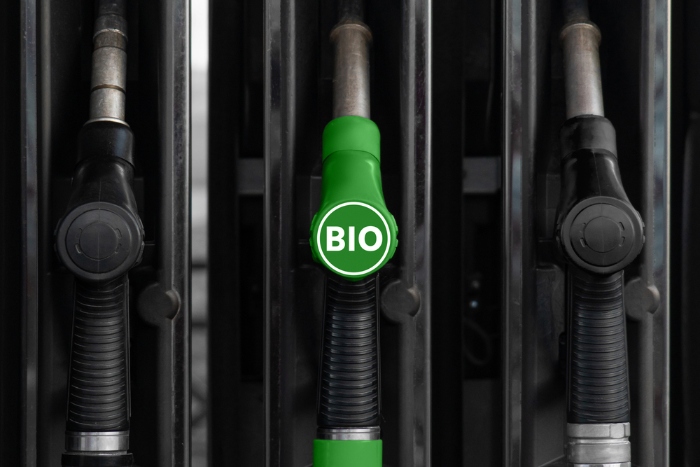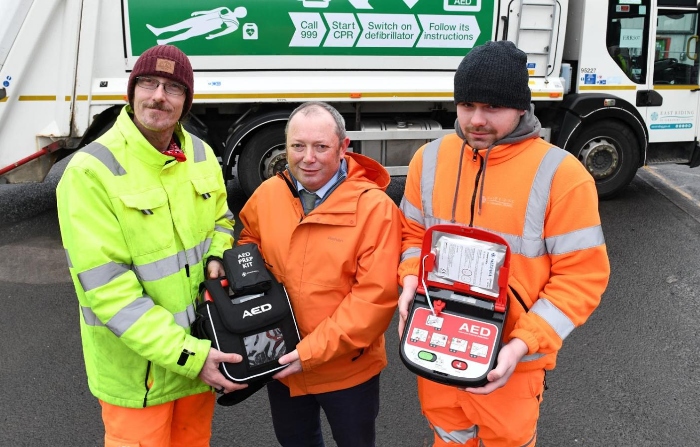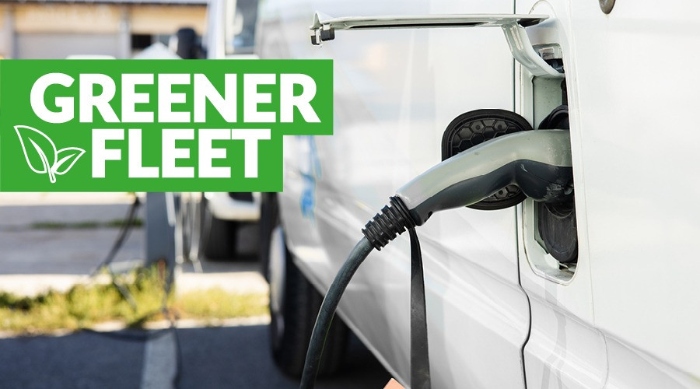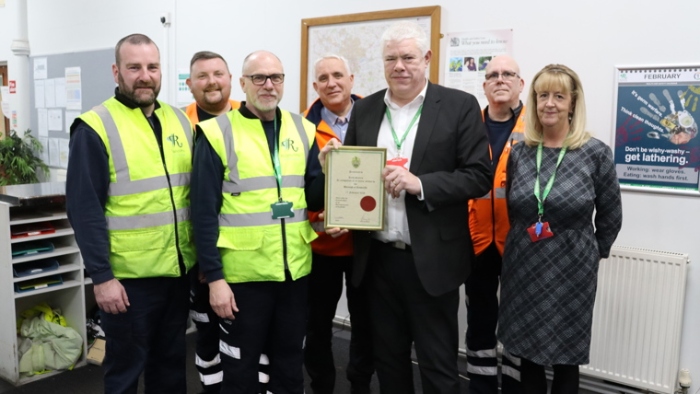The transport secretary, Grant Shapps, has said that the Covid-19 pandemic has given us a unique opportunity to rethink the way we travel and to accelerate the development of clean technologies.
Speaking at the LowCVP’s Annual Conference online yesterday, the secretary of state for transport said, ‘We can reframe the narrative around green vehicles and show that it is this generation that will drive the transition to zero carbon road transport.’
A survey of over 200 expert stakeholders by LowCVP shows that the vast majority (92%) of respondents agree that now is the moment for a ‘reset’ in terms of decarbonising road transport.
Nearly 85% said that the disruption caused by the pandemic has opened the door to the public accepting more radical and effective policy prescriptions for ‘greening’ road transport.
While most respondents said that the right balance must be found between economic and environmental objectives, a significant minority (nearly 30%) also said that environmental concerns should be prioritised even if there is an economic cost.
A majority of respondents (nearly 63%) think that we can achieve a 'win/win' for the environment and economic recovery if the right policies are implemented.
Over three-quarters of respondents think that in the wake of the pandemic, the £27bn earmarked for new roads in the March Budget should be reallocated to other uses.
Public and shared transport will need to play a significant part in the transition to net zero but respondents believe that it will take some time for the sector to recover.
Around 25% said that it will take less than a year for public and shared transport to recover to former usage levels. A small majority (55%) think that the recovery will take up to five years, while around 13% think it will take longer or might never reach former usage levels.
In terms of how emissions reductions from road transport will be achieved, respondents were quite evenly split. Travel demand reduction was seen as the likely largest contributor followed by the mass adoption of zero emission vehicle, a shift to shared/public transport and the wide adoption of low carbon fuels.
Amongst policies favoured by expert respondents are ending subsidies on fossil fuel production, distribution and use; investment in ‘green’ technologies; regulation of the sale of petrol/diesel vehicles and the introduction of road user charging and carbon pricing.
Emerging from the lockdown, a significant majority of respondents (nearly 70%) expect to reduce their own travel across most or all of their activities. Only around a quarter of respondents expect to travel as much as they did before.

















Leave a Reply